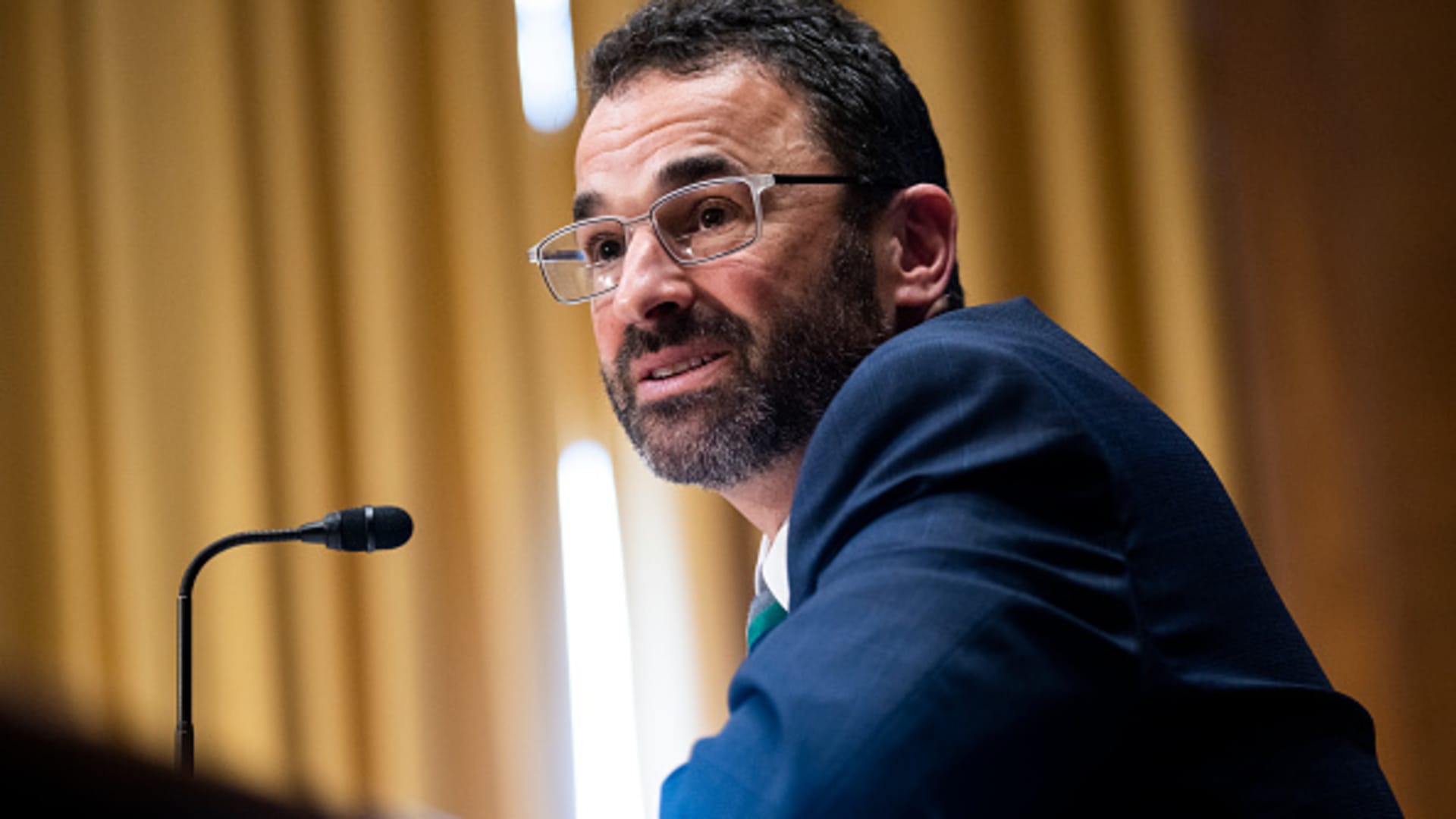Products You May Like
This season, more than 140,000 taxpayers successfully filed returns using IRS Direct File, a free tax filing pilot from the IRS, according to the U.S. Department of the Treasury and the IRS.
The program fully opened for certain taxpayers in 12 states in early March and saved filers an estimated $5.6 million in tax preparation fees for federal returns, IRS Commissioner Danny Werfel told reporters on a press call.
Direct File surveyed more than 15,000 users and some 90% rated their experience as “excellent,” the agencies reported.
More from Personal Finance:
Here’s what to do if you missed the federal tax deadline
A key deadline for student loan forgiveness is just days away
Don’t believe these money misconceptions: How to improve your finances
“We have not made a decision about the future of Direct File,” Werfel said, noting the agency still needs to analyze data and get feedback from a “wide variety of stakeholders.”
The IRS plans to release a more detailed report about the Direct File pilot “in the coming days,” he added.
How Direct File could be expanded
The Direct File pilot included Arizona, California, Florida, Massachusetts, Nevada, New Hampshire, New York, South Dakota, Tennessee, Texas, Washington and Wyoming.
The pilot only accepted Form W-2 wages, Social Security retirement income, unemployment earnings and interest of $1,500 or less. This excluded filers with contract income reported via Form 1099-NEC, gig economy workers and self-employed filers.
Filers had to claim the standard deduction, which was $13,850 for single filers and $27,700 for married couples filing jointly for 2023.
Moreover, Direct File only accepted a few credits: the earned income tax credit, child tax credit and credit for other dependents. The pilot also accepted deductions for student loan interest and educator expenses.
If Direct File were expanded for next season, the program could add additional states and tax situations, according to a senior IRS official.
The agency expects to decide the future of Direct File later this spring, Werfel said.
